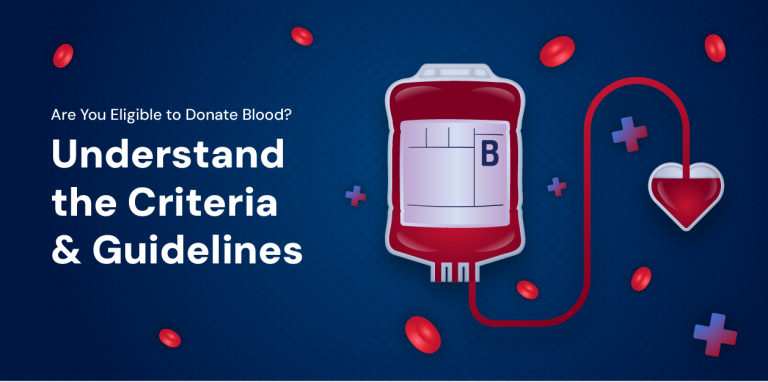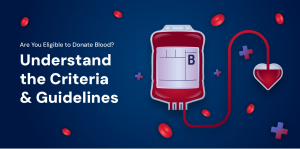Pregnancy is one of the most important phases of a woman’s life. There are so many pregnancy myths, do’s, and don’ts, and almost everyone has their piece of advice ready to share. It is vital to take all the necessary precautions during pregnancy and ensure you are in good health. Here are a few health tips for pregnant women.
Five tips for a healthy pregnancy:
Consume a balanced diet
A balanced diet rich in minerals and vitamins is essential for the baby’s healthy development. Eating a wide variety of fruits and vegetables is vital for pregnant women. Add foods rich in vitamins, iron, calcium, and low in saturated fats into your diet.
Get lots of sleep
Getting 7-9 hours of sleep is crucial for your and the baby’s health. Signs of fatigue usually are a signal for you to get more rest. Research found that women who do not get enough sleep might have higher risks of developing pregnancy complications like high blood pressure, longer labor, and higher chances of cesarean section.
Exercising
Exercising during pregnancy has many benefits and can relieve you from common pregnancy issues such as backaches, mood swings, and fatigue. If you used to exercise before pregnancy, you can lower your intensity and continue working out. Consult your doctor to understand at what intensity you need to exercise. A few studies show that physical activity can reduce the risk of diabetes that develops during pregnancy and builds stamina that helps during delivery. If you were not physically active prior to pregnancy, ask your doctor about adding exercise to your routine.
Say no to alcohol and smoking
Quitting smoking and alcohol is crucial for a healthy pregnancy. Consuming alcohol can affect the baby’s spinal development and cause behavioral issues and learning disabilities. Studies show that women who drink alcohol during pregnancy have more risk of miscarriage than those who avoid alcohol. Smoking is extremely harmful to the baby’s health. It might increase the risk of birth defects like cleft lip. It also increases the chances of lower birth weight, sudden infant death syndrome, and miscarriage. Alcohol and smoking must be avoided at all costs during pregnancy.
Limit your caffeine intake
Researchers believe that consuming more than 2 cups of coffee increases risks to the baby. Limiting caffeine intake is essential to lower the chances of miscarriages. During pregnancy, it takes more time for caffeine to leave the bloodstream. Since the placenta carries oxygen and food to the baby, there are chances of caffeine traveling through the placenta and increasing the baby’s heart rate.







